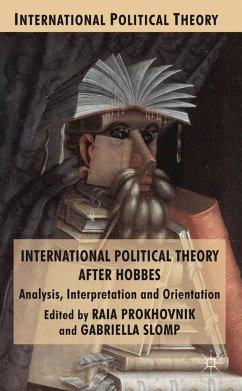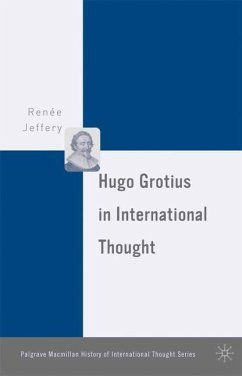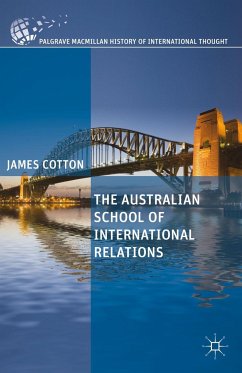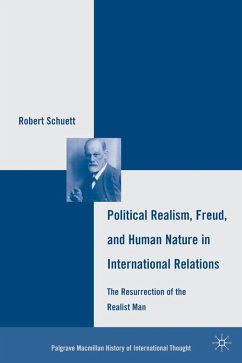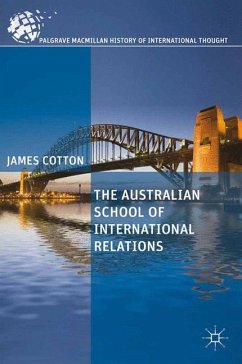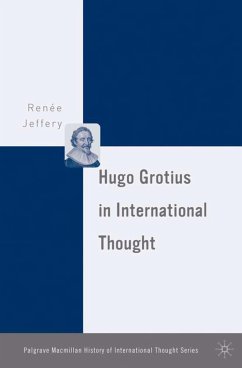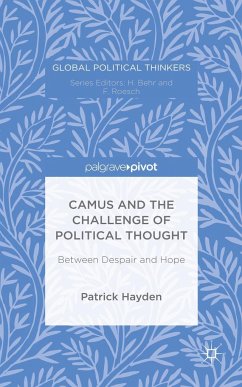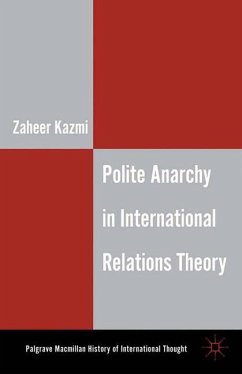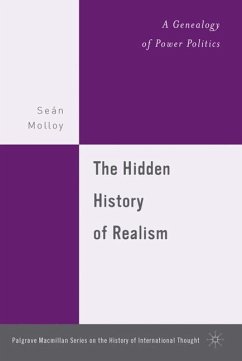
Harold Laski: Problems of Democracy, the Sovereign State, and International Society

PAYBACK Punkte
19 °P sammeln!
Harold Laski, born in England at the end of the Nineteenth-century, is a theorist who helped shape political thought throughout much of the first half of the Twentieth-century. Primarily recognized for his contribution to the British pluralist tradition, arguing against state sovereignty and advocating devolution of political power to non-state organizations, Laski's latest writings focused on the relation between capitalism and the sovereign state. This book explores both Laksi's pluralist thinking as well as his later writings on the problems of maintaining and developing democracy and freed...
Harold Laski, born in England at the end of the Nineteenth-century, is a theorist who helped shape political thought throughout much of the first half of the Twentieth-century. Primarily recognized for his contribution to the British pluralist tradition, arguing against state sovereignty and advocating devolution of political power to non-state organizations, Laski's latest writings focused on the relation between capitalism and the sovereign state. This book explores both Laksi's pluralist thinking as well as his later writings on the problems of maintaining and developing democracy and freedom both within and in the relations between capitalist societies. Lamb seeks to explore Laski's work on international politics and its continuing significance to the understanding of politics and the state today.





